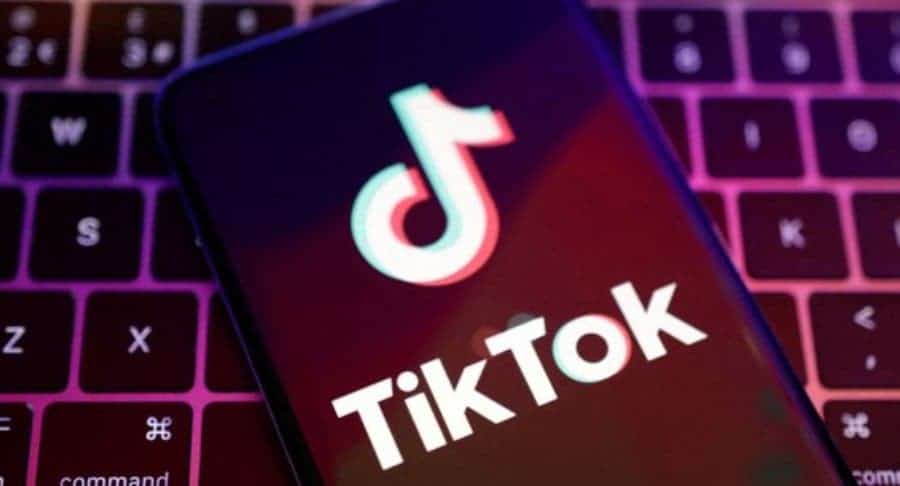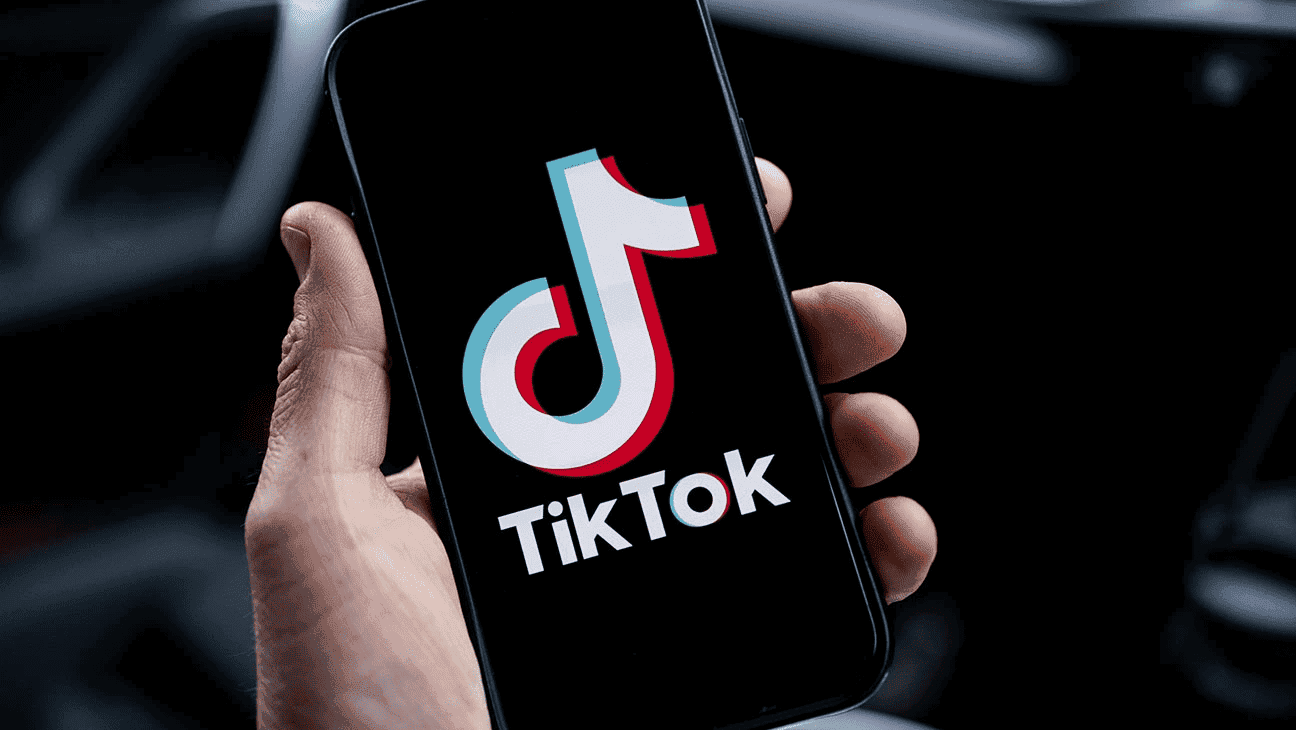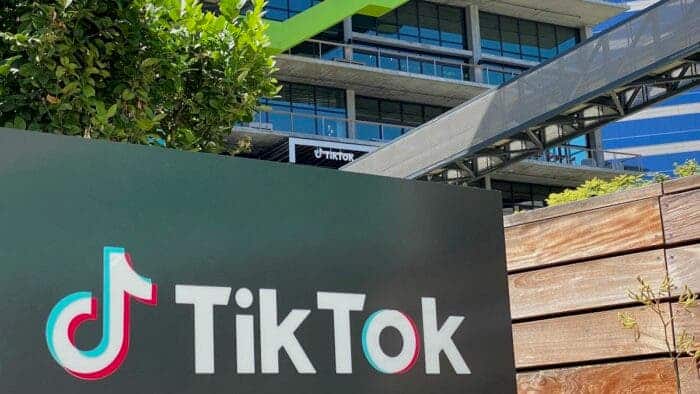On September 15, 2023, TikTok, the popular social media platform, was fined €345 million ($367 million) by Ireland’s Data Protection Commission (DPC). The fine is for violating the European Union’s General Data Protection Regulation (GDPR) and breaching children’s privacy protection laws. This fine is the largest ever imposed in Europe against the Chinese-owned company. The DPC specifically criticized TikTok for two main violations including
- It’s handling of children’s data
- Its failure to provide adequate safeguards for young users.
According to Reuters, European regulators announced the fine yesterday and it is not the first time that TikTok is facing such issues. The probe of TikTok reveals that it sets the accounts of minor users to “public” by default when registering. Thus, everyone can watch and comment on videos posted by minors. This will most likely result in children under 13 being exposed to risky content. Also, TikTok does not verify whether a user is the parent or guardian of a child user when linking through Family Matching. These are the reasons for the huge fine placed on TikTok in Europe. This article will explore the details of the fine, the implications for TikTok, and the broader issues surrounding children’s privacy in the digital age.

The Fine and its Significance
The €345 million fine imposed on TikTok by the DPC is a huge development in the ongoing debate over privacy and data protection in the digital age. The GDPR, which came into effect in 2018, is a landmark privacy law that sets strict rules for how companies handle personal data, particularly that of children. The DPC’s decision to levy such a huge fine against TikTok shows the EU’s stance on enforcing these laws. It is also ready to hold brands accountable for their actions.
TikTok’s parent company, ByteDance, has faced similar scrutiny in other countries, including the United States, where it was fined $5.7 million by the Federal Trade Commission (FTC) in 2019 for violating children’s privacy laws. However, the €345 million fine from the DPC is by far the largest penalty the company has faced to date.
TikTok Responds
The Irish Data Protection Commissioner (DPC) stated that TikTok violated multiple EU privacy laws between July 31, 2020, and December 31, 2020. A spokesperson for TikTok, the company disagrees with the decision, particularly the size of the fine. TikTok argues that most of the charges no longer apply due to the steps it had taken before the DPC probe. The DPC probe began in September 2021. TikTok argues that most of its flaws as of 2020 have been tackled before the probe started a year later.
TikTok added stricter parental controls to family matching in November 2020. It also changed the default setting to “private” for all registered users under the age of 16 in January 2021. TikTok said on Friday that it plans to further update its privacy materials to make the distinction between public and private accounts clearer. It also said that new users aged 16-17 will choose a private account by default when they sign up for the app in the future.
TikTok has faced criticism for its data collection practices and the potential risks this poses to young users. The platform collects a wide range of information from its users, including their location, device information, and browsing history. This data is used to personalize the user experience and serve targeted advertisements, but it also raises concerns about privacy and the potential for abuse.

Implications for TikTok & broader issues
The €345 million fine is a huge blow to TikTok and its parent company, ByteDance. In addition to the financial penalty, the DPC has also ordered TikTok to implement a range of measures to address the violations. This includes improved age verification processes and enhanced transparency around data collection and processing. Failure to comply with these requirements could result in further fines. It could even lead to the suspension of TikTok’s operations in the EU.
TikTok has already taken steps to address some of the DPC’s concerns, including introducing a new privacy center. It provides users with more control over their data and launches a separate platform for children under the age of 13. It is called “TikTok for Younger Users”. However, it remains to be seen whether these measures will be sufficient to satisfy the DPC and other regulators.
The case of TikTok highlights the challenges and complexities of protecting children’s privacy in the digital age. The GDPR and other regulations provide a framework for companies to follow. They also enforce these rules and ensure compliance. However, this can be a difficult task, particularly when dealing with global platforms like TikTok.
Parents and guardians also play a crucial role in protecting their children’s privacy online. Educating young people about the risks and potential consequences of sharing personal information on social media is essential. It is also good to monitor their online activities and set appropriate boundaries.

Conclusion
The €345 million fine imposed on TikTok by Ireland’s Data Protection Commission is a huge fine. This is a new talking point in the ongoing debate over privacy and data protection in the digital age. The DPC’s decision to levy such a large penalty against TikTok shows its commitment to enforce privacy laws. It is also bent on holding companies accountable for their actions.
TikTok’s violations of children’s privacy protection laws and its handling of young users’ data have raised concerns. These concerns are about the potential risks posed by social media platforms. The company has already taken steps to address some of the DPC’s concerns. However, it remains to be seen whether these measures will be sufficient to satisfy regulators. We can not also tell if they will protect the privacy of TikTok’s young users.





